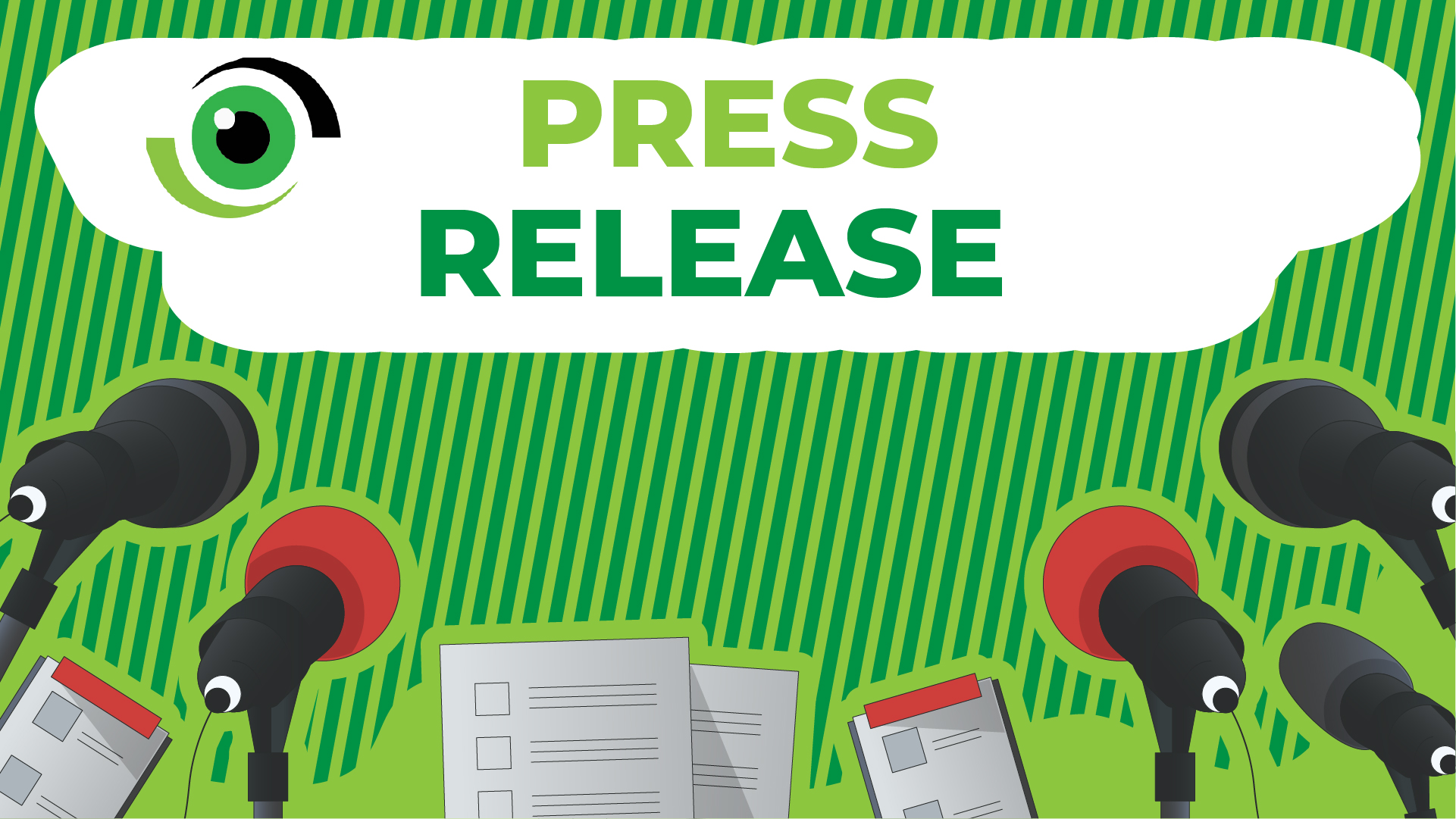In continuation of U.S. Government support for Nigeria’s conduct of a household survey that determines the extent of COVID-19 transmission in the country, a new study by a team of U.S. and Nigerian scientists has reaffirmed the importance of validating SARS-CoV-2 assays using locally obtained samples to assess COVID-19 exposure in the population. Therefore, the researchers conducted a laboratory-based investigation to validate SARS-CoV-2 assays using samples from COVID-19 survivors and other archived pre-pandemic samples available in Nigeria.
In the study tagged Validation of xMAP SARS-CoV-2 Multi-Antigen IgG assay in Nigeria (plos.org) published in the journal PLOS ONE, the researchers collected samples from individuals at different time points after the patients’ initial COVID-19 RT-PCR (Reverse Transcription Polymerase Chain Reaction) positive result. In addition, the researchers used archived plasma specimens stored before October 2019 and specimens from the 2018 US-supported Nigeria HIV/AIDS Indicator and Impact Survey (NAIIS). Over 100 SARS-CoV-2 positive specimens and about 300 archived specimens were used to evaluate the assays’ sensitivity and specificity, two crucial indicators of the accuracy of tests results.
The team initially validated four SARS-CoV-2 serological assays, which show lower sensitivity than the manufacturers’ results. Similarly, two assays targeting the most crucial structural components of SARS-CoV-2 (Nucleocapsid protein) indicated moderate to substantial cross-reactivity. Cross-reactivity is the presence of other pathogens in the samples, thereby affecting the test outcomes.
Dr. Nnaemeka Iriemenam is the paper’s lead author and Deputy Chief of the US-CDC Nigeria Laboratory Branch. He said it is vital for countries preparing for COVID-19 sero-surveillance to validate SARS-CoV-2 serology assay using in-country specimens. The assays need to reflect the serologic profile of the population being tested to avoid wrong estimates.
This latest study follows previous studies by the same team. The conclusions are consistent with the Validation of Commercial SARS-CoV-2 Immunoassays in a Nigerian Population study published in Microbiology Spectrum 10.1128/Spectrum.00680-21. It is also in line with the Cross-Reactivity of Two SARS-CoV-2 Serological Assays in a Setting Where Malaria Is Endemic, published in American Society for Microbiology’s Journal of Clinical Microbiology 10.1128/JCM.00514-21.
These studies show the strong collaboration between Nigeria and U.S. researchers and further highlight U.S. Government’s technical assistance to Nigeria’s COVID-19 pandemic response. In addition to collaborative research to understand the virus epidemiology and it’s spread among the population, the United States is at the forefront of providing vaccines and other technical assistance to Nigeria.


